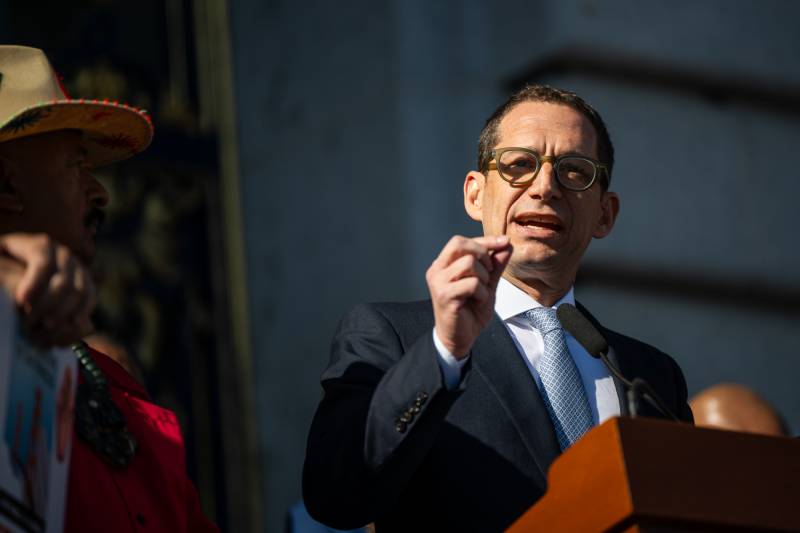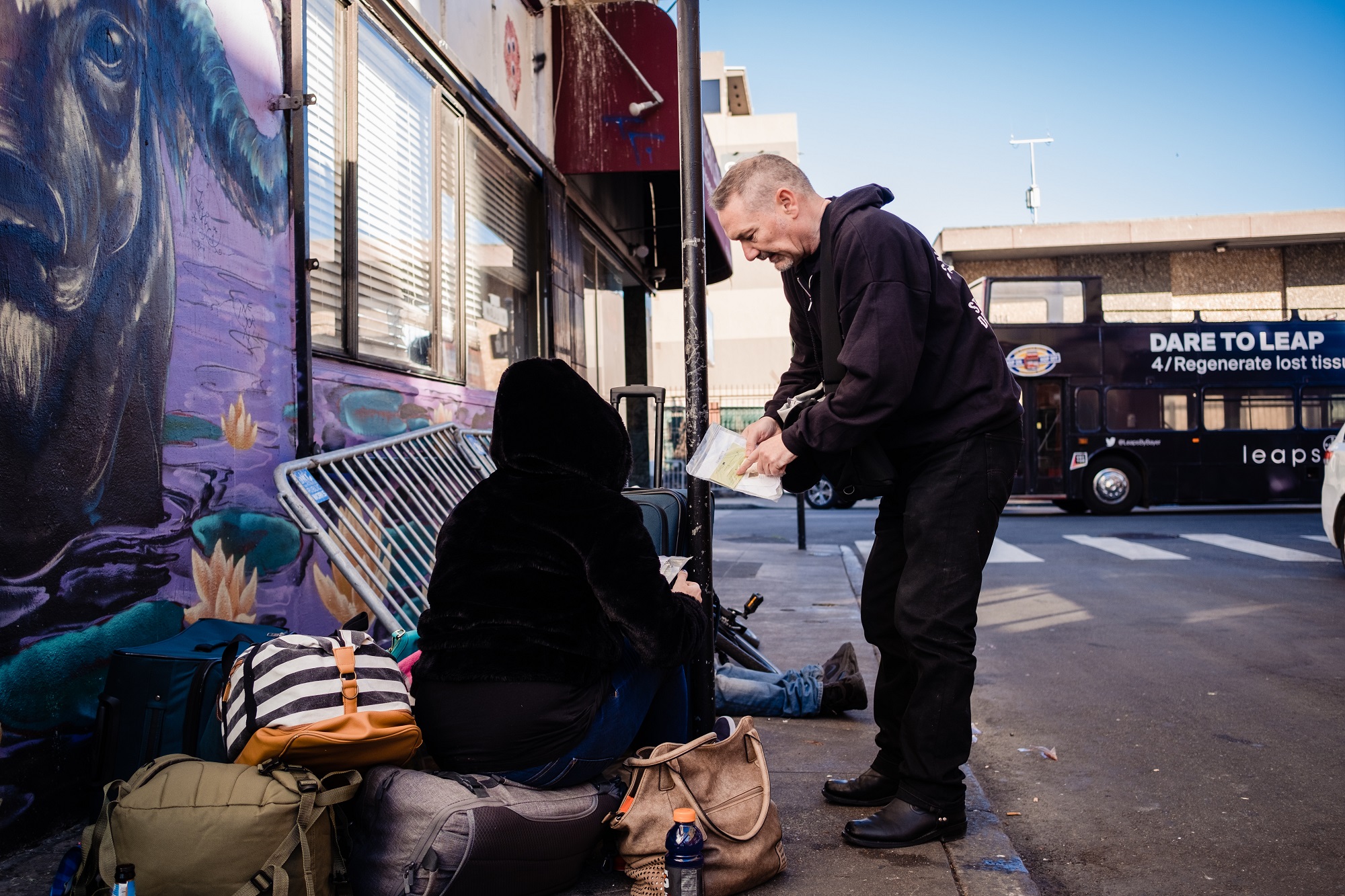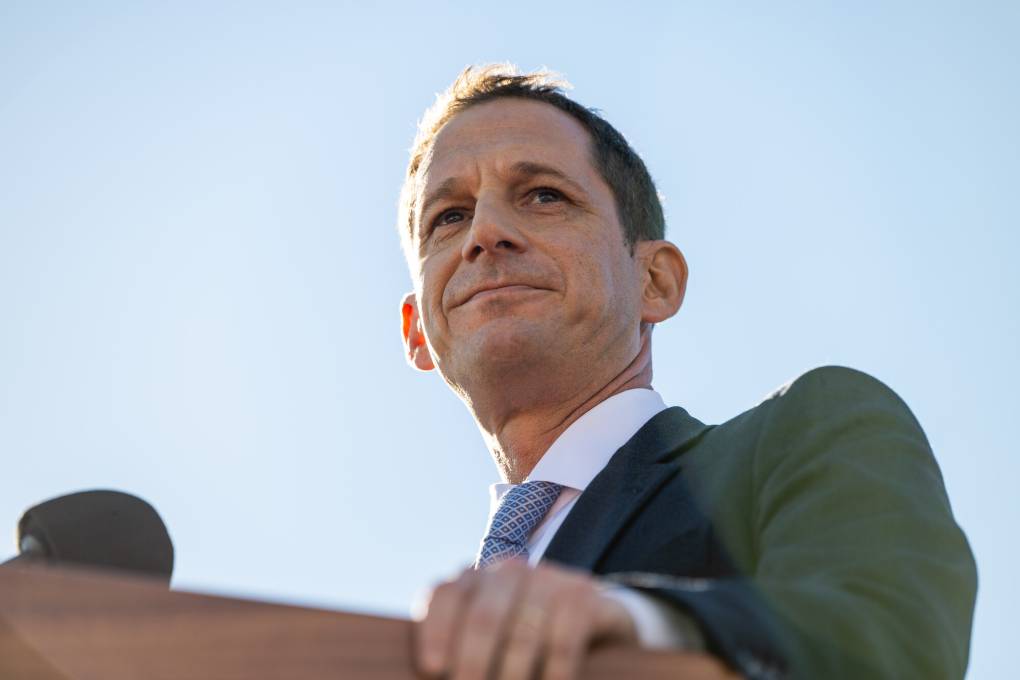San Francisco Mayor Daniel Lurie’s fentanyl ordinance sailed through its first legislative test on Wednesday, gaining approval from all three members of the city’s Budget and Finance Committee to go before the full board.
The ordinance — labeled “Fentanyl State of Emergency” but not technically an emergency proclamation — represents Lurie’s first major legislative push. It would give the mayor’s office and certain city departments permission to sidestep the Board of Supervisors’ approval on some city contracts and allow for soliciting private donations to support efforts to combat the fentanyl epidemic.
The board’s legislative analyst warned that the changes would come with “significant risks,” but Lurie, supervisors and members of the recovery community said the ordinance is necessary as the city faces an unprecedented drug and homelessness crisis.
“People in San Francisco are suffering,” Lurie said during a rally ahead of the committee hearing. “Every day that we don’t act is another day of life lost to addiction, to overdose and to despair. Our response must be just as urgent as the crisis that we are facing.”



